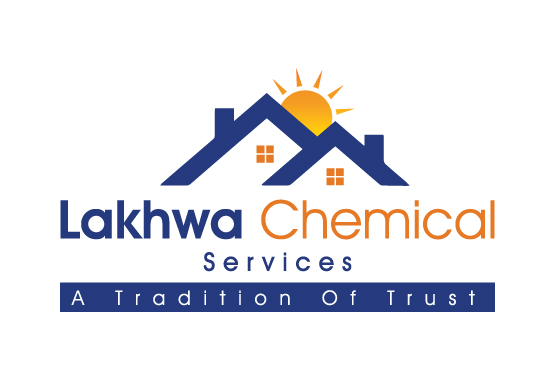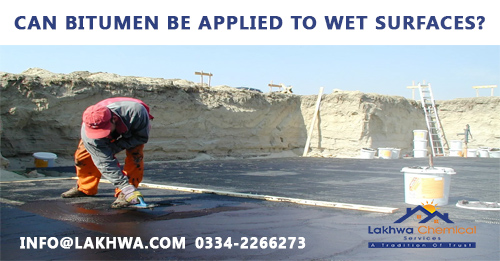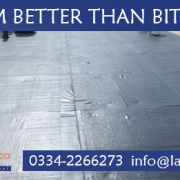Can Bitumen be applied to wet Surfaces?
Bitumen, also known as asphalt or tar, is a versatile and long-lasting material used for road construction, waterproofing, lining reinforcement, and more. One common question that arises in construction projects, especially in adverse weather conditions, is the application of bitumen on wet surfaces. In this blog, we will explore the properties and types of bitumen.
What is Bitumen?
Bitumen is a viscous, black, and sticky substance derived from crude oil. It is composed of hydrocarbons with excellent adhesive attributes. Bitumen is popular in the waterproofing industry; it is used as an impervious barrier for roofs, basements, and more.
The reaction of bitumen with water depends on the type of bitumen used and the conditions under which it is applied. Bitumen can be categorized into two main types: cutback bitumen and emulsified bitumen.
Read More
Can You Waterproof Over Existing Waterproofing?
Can Rain Hamper the Waterproofing Coat?
Which Heat Proof Materials are Optimal for Summer Season?
Cutback Bitumen
Cutback bitumen is made by solvent dilution: This solvent can be kerosene, diesel, or gasoline. When applied to wet surfaces, it can displace water and adhere to the substrate, even in damp conditions. The solvent evaporates over time, leaving the bitumen to harden and form a water-resistant layer.
Emulsified Bitumen
Emulsified bitumen is mixed with an emulsifying agent and water, creating a suspension of bitumen droplets. Emulsified bitumen is used in various applications, including road construction, pavement preservation, and soil stabilization. It can be applied under wet conditions because of its easy-to-mix attribute. The bitumen adheres to the surface upon contact with the wet surface.
While both cutback and emulsified bitumen can be applied to wet surfaces, there are important considerations to keep in mind:
Surface Preparation
Regardless of the type of bitumen used, proper surface preparation is essential. The area should be clean and free of debris, mud, or standing water.
Any standing water should be removed before applying the chemical.
Temperature
Ambient temperature plays a crucial role in bitumen application. Both cutback and emulsified bitumen should be applied at the recommended temperature range. Cold temperatures can slow down the curing process. Moreover, it can affect the final quality of the layer.
Drying and Curing
Bitumen needs time to dry and cure after application. During this period, it is important to protect the surface from water exposure to prevent damage to the layer. This curing time can vary depending on factors like temperature and humidity.
Bitumen Quality
The quality of the bitumen used also matters. High-quality bitumen is more likely to perform well on wet surfaces and provide long-lasting results.
Project Specifics
The specific project and its requirements influence the choice of bitumen type and application methods. Consulting with experts and following manufacturer recommendations is crucial to ensure success.
Read More
What Causes Waterproofing to Fail?
What are the Properties of Waterproofing?
Which is the Best Waterproofing Material for Interior Walls?
Which Bitumen is Used in Wet and Cold Climate?
Cutback bitumen is used in varying climatic conditions. It is developed by reducing the viscosity of regular bitumen with a solvent, typically a petroleum-based one like kerosene or diesel. The bitumen becomes easier to handle and maintain. Moreover, it allows for efficient covering of surfaces, such as tanks, roofs, and roads.
After application, the solvent gradually evaporates, leaving behind a solid bituminous binder that adheres well to aggregates. Cutback bitumen is available in different grades, depending on the solvent’s volatility, making it a versatile choice for various climates and road construction projects.
Bottom Line
Bitumen can be applied to wet surfaces, but the choice between cutback and emulsified bitumen depends on the project’s requirements and conditions. Proper surface preparation, temperature control, and adherence to recommended procedures are essential for a successful application. When done correctly, bitumen can create a reliable waterproof barrier, making it a valuable material for various construction and infrastructure projects, even in wet conditions.
To book an appointment, contact Lakhwa Chemical Services, the best waterproofing company in Karachi, Pakistan.





Leave a Reply
Want to join the discussion?Feel free to contribute!